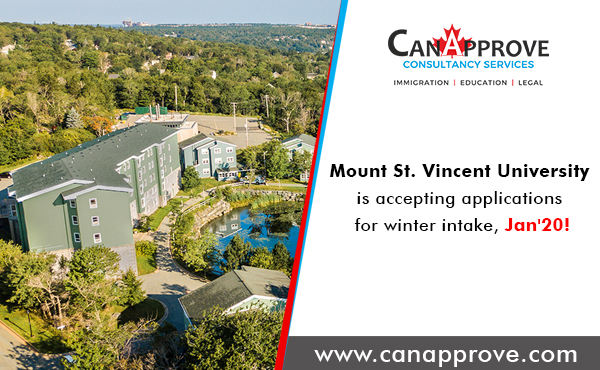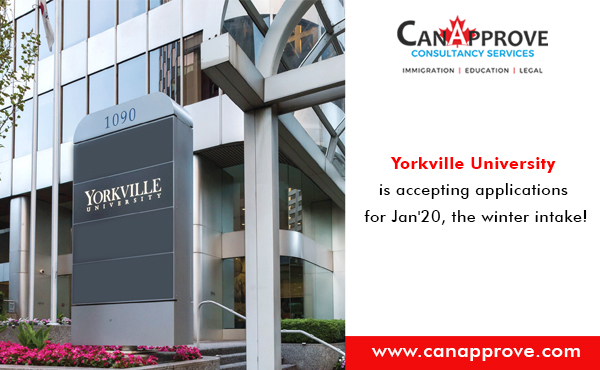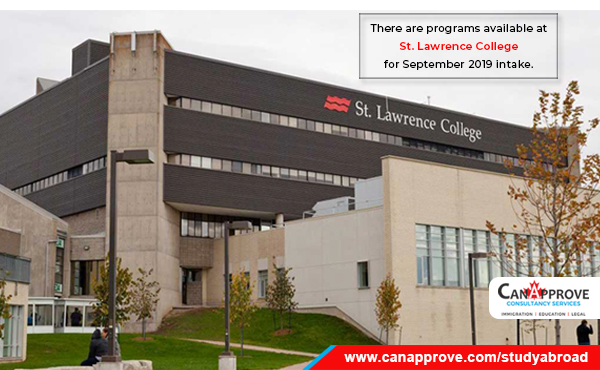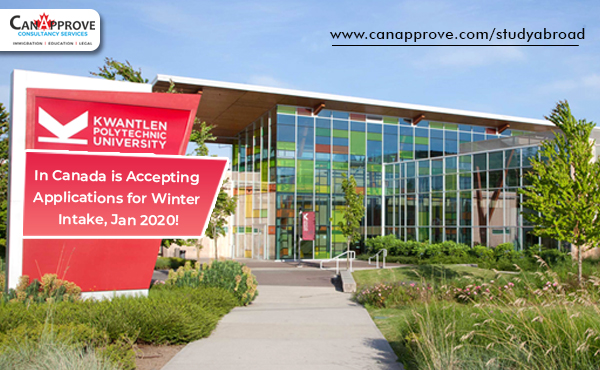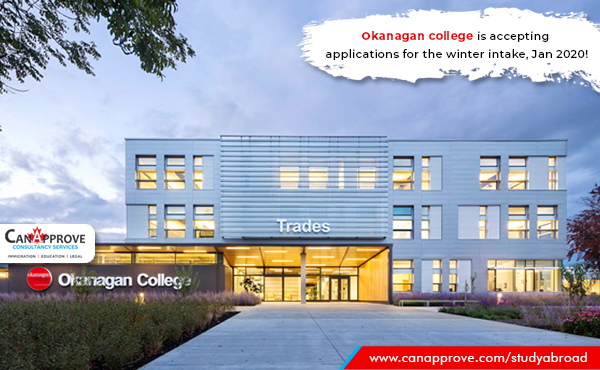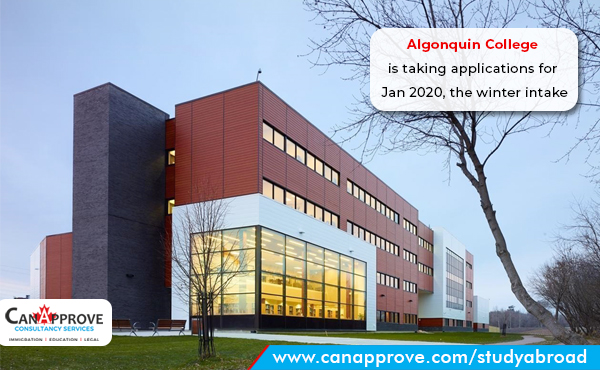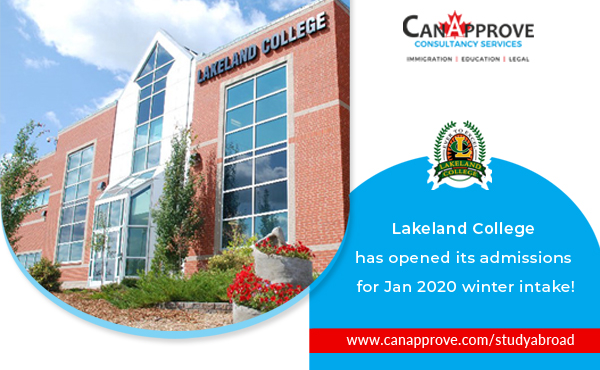The University of Winnipeg in Canada is accepting applications for the winter intake of 2020!
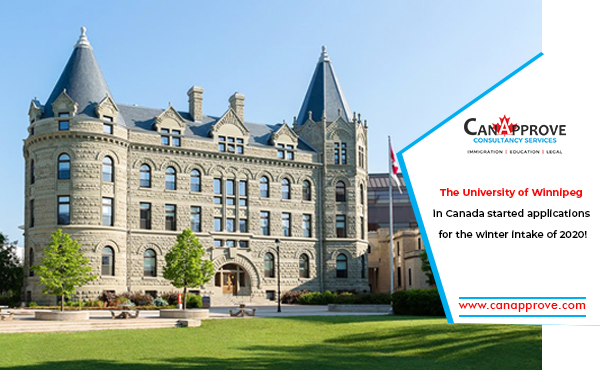
All the above-listed courses are expected to satisfy the labour market needs. The students after their course completion have a bunch of job The University of Winnipeg in Canada is taking applications for winter intake of 2020! Canada is constantly…


